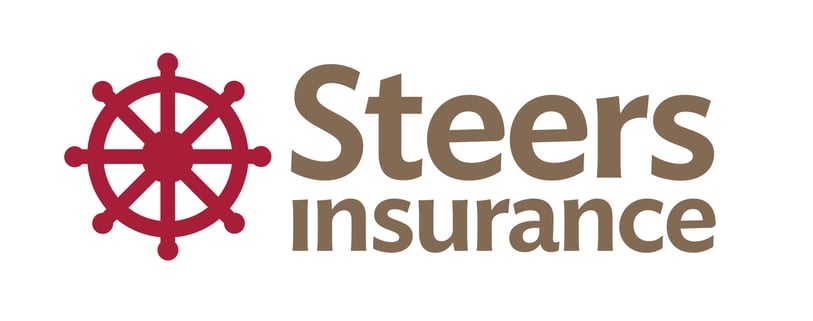
If you own a rental property, or are considering buying one, here are some helpful things to know about insurance and being a landlord.
WHAT COVERAGE DO I NEED AS A LANDLORD?
First and foremost, it's important to know if your insurance policy covers your property as a rental. Typically, a home insurance policy is designed to cover you and your dependents living in the property. However, not all policies include coverage for rentals, so it’s important to discuss your coverage with your insurance broker.
IS COVERAGE MANDATORY FOR LANDLORDS?
No, in Nova Scotia insurance coverage is not mandatory for landlords or tenants. However, landlords are able to make tenant insurance a condition in the lease.
WHO’S RESPONSIBLE FOR COVERAGE IF THE TENANT IS AT FAULT FOR A CLAIM?
A tenant is responsible for carrying insurance on his/her personal belongings, and they are not covered by the insurance the landlord carries on the building. As well, a tenant is responsible for repairing damage caused by the tenant or one of the tenant’s guests or visitors, whether it is deliberate or an act of negligence.
DO I NEED LANDLORD INSURANCE IF I AM RENTING A UNIT IN THE SAME DWELLING I LIVE IN?
If you live in the home and rent out a room or a basement unit within your dwelling, you are not required to have a separate policy, but it is advisable to speak with your insurance provider to ensure that you have the protection you need for yourself and your tenants.
WHAT ARE MY RESPONSIBILITIES AS A LANDLORD:
All information related to landlords and tenants responsibilities can be found in the Residential Tenancies Guide (here)
● A list of rules can be made by the landlord for the rental property. A copy of the list should be
provided to the tenants prior to signing the lease. The rules cannot remove obligations of either the landlord or tenant under the Residential Tenancies Act.
● Landlords must provide tenants with a signed copy of the lease agreement and a copy of the
Residential Tenancies Act within 10 days of the tenant signing the lease or moving into the unit.
● If asking tenant for a security deposit, the amount cannot exceed ½ of one month's rent.
● Keep the rental unit in a good state of repair. Landlords should address maintenance requests in a timely manner.
● Comply with all health, safety, and housing laws.
● Landlords must not interfere with tenants’ ability to safely occupy the premises.
● Put any notices to the tenant in writing and state the section of the Act that the notice has been
given under.
● Ensure that tenants are treated fairly and in accordance with the Human Rights Act.
● Landlords have a right and a responsibility to manage the rental property. In doing so, they are
permitted to set other terms and conditions in the rental agreement, as long as those terms are
reasonable and do not violate federal, provincial or municipal laws.
WHAT INFORMATION DO I HAVE A RIGHT TO KNOW AS A LANDLORD?
● Ensure you are aware of who is occupying the residence, and if there are any upcoming changes in the living arrangement. This should be covered in the lease.
● Tenants must get permission from their landlord to sublet their unit. If the tenant does not get
permission from the landlord, their tenancy can be terminated.
CONTACT A STEERS BROKER
Do you have questions about your insurance policy and how you’re covered as a landlord? Contact us today!


 ;
;
 ;
;
 ;
;
 ;
;
 ;
;
 ;
;
 ;
;

